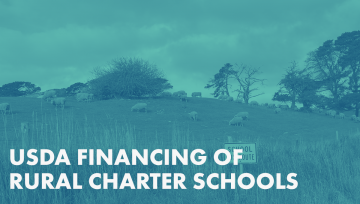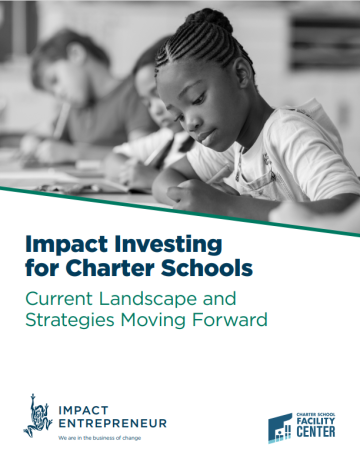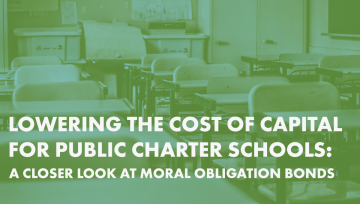
The New Market Tax Credit Program
Charter schools are eligible uses of New Market Tax Credits (NMTC). There have been 75 NMTC transactions in schools, and most of them have been charter schools.
Learn about public and private sector sources of support to make it easier to finance facilities such as low cost loans and credit enhancements/moral obligations.
Public charter schools do not have access to the same affordable financing options as government supported district schools. Single-site charter schools, those in high-poverty or rural areas, and those with new models are at a significant disadvantage in the facilities financing market—they have to pay much higher interest rates to borrow money. States can provide financing solutions at little to no cost. Even in a best-case financing scenario, charter schools end up saddled with debt or lease obligations—which they must pay for with their per-pupil operating funds.

Charter schools are eligible uses of New Market Tax Credits (NMTC). There have been 75 NMTC transactions in schools, and most of them have been charter schools.

What federal agency has funded more charter schools facilities than any other agency? The U.S. Department of Agriculture provides key financing to develop essential community facilities in rural communities.

Historically, the government provided all the funding for public schools. There might have been some small charitable gifts, but this was largely the government's responsibility. Even for capital construction of school buildings, the municipal bond market works very efficiently.

Just like traditional public school communities, charter schools, their employees, and their families need access to a myriad of financial services—including student loans and college-planning education.



As the public charter school sector continues to mature, more schools than ever are accessing the bond market to finance their next school building.

The third edition of Borrowing with Tax-Exempt Bonds provides public charter schools with information about tax-exempt financing, including information about who and what types of projects qualify for tax-exempt financing and how to decide if tax-exempt financing might be right for your school.